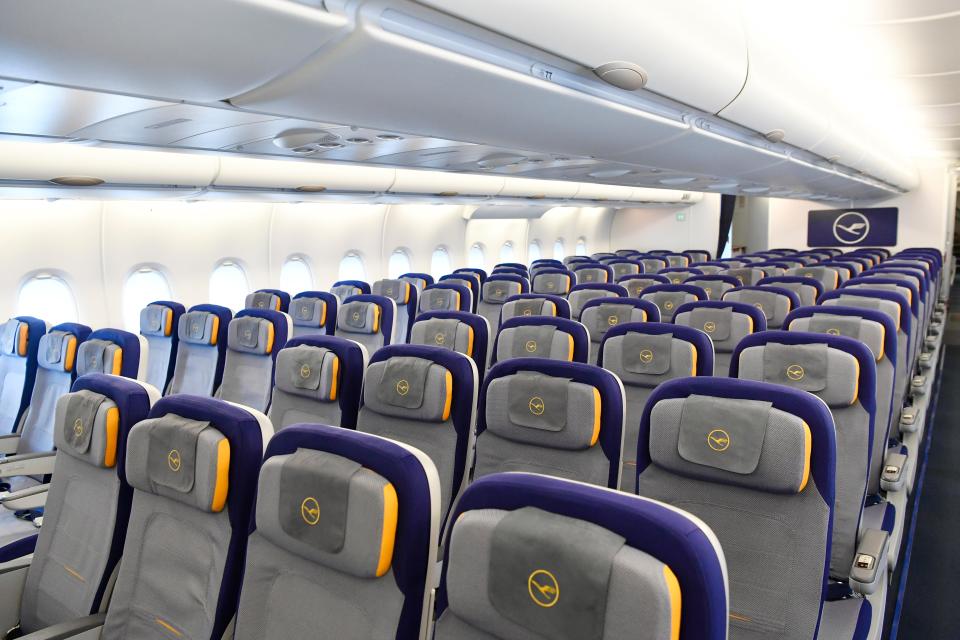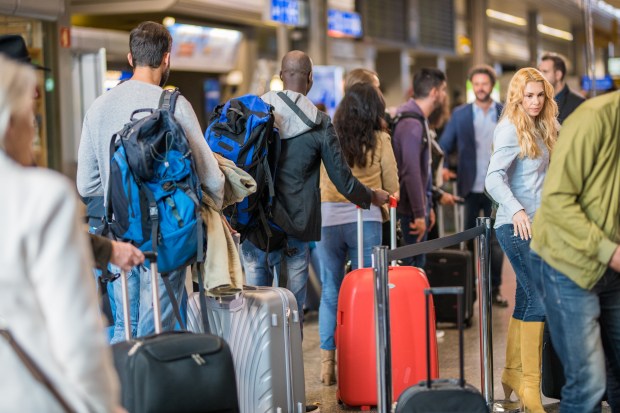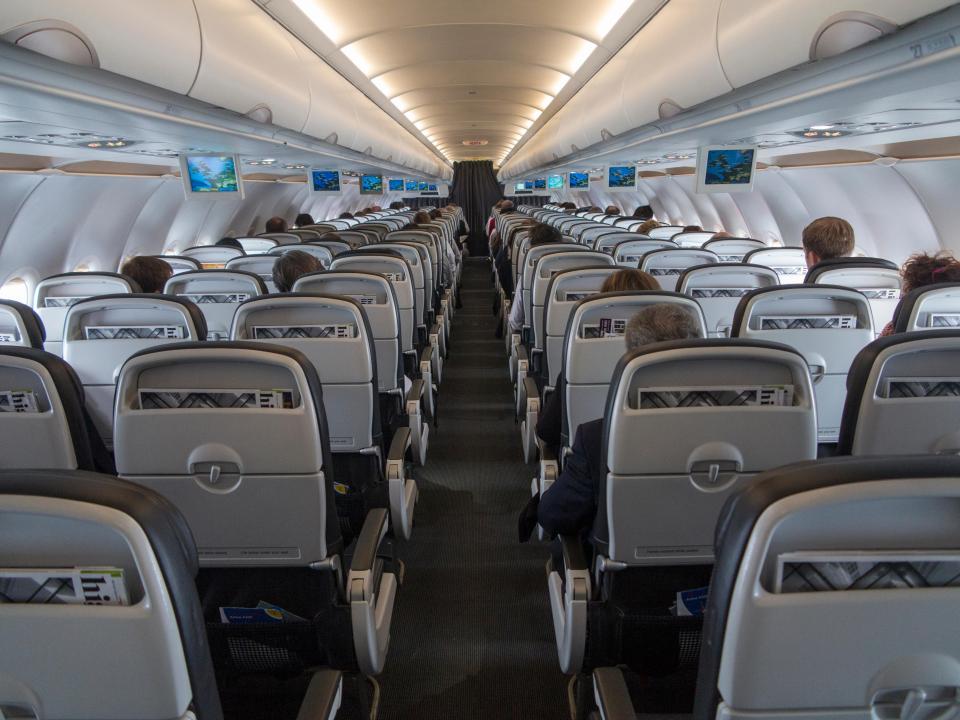Gone are the days when most Indian institutions of higher learning were prominent sources of original ideas. These institutions were once pivotal in the knowledge production process. Teachers, researchers, students and other intellectuals engaged in rigorous debates and discussions as part of that process. They were deeply committed to the quest for knowledge.
At that time, the government did not interfere with the autonomy of universities. That independence promoted the open exchange of ideas and the development of milestones in knowledge production.
The great philosopher and former India President Sarvepalli Radhakrishnan, A. P. J. Abdul Kalam, Mokshagundam Visvesvaraya, Jagadish Chandra Bose, Amartya Sen, Bipin Chandra, Andre Beteille, Jayant Narlikar, Gopi Chand Narang, Irfan Habib, Arvind Panangariya and Abhijit Banerjee are a few examples of the distinguished leaders produced by the intense intellectual exercise, academic rigor and firm devotion of this bygone era. Their education inspired them to make an impact on the world that is well-recognized globally.
Universities were once great
Today entire higher education system is directionless and unable to respond to the socio-economic and political challenges India faces. Pass rates are up even though attendance is down; clearly, instructors are inflating grades to make up for the decline in student performance. Meanwhile, skilled teachers are increasingly hard to find and nearly one-fifth of positions are vacant. Why have the previously glorious Indian universities declined to such an abysmal level? There are many reasons for this sorry state of affairs.
These problems developed gradually during the decades following independence. Previously, education was considered a noble profession. Back then, educators were devoted to their mission. Universities utilized their autonomy, state funding and position of honor to reach new academic horizons. They flourished as higher learning and research institutions because they always promoted merit and employed the most talented professors. Meritocracy was fruitful. Universities achieved the pinnacle of academic excellence in every field of knowledge.
Over the years, universities substituted merit with nepotism. Faculty and administrators used their positions to serve their families and selfishly used university resources to benefit themselves.
Corruption accusations mounted, from selecting faculty based on family ties, misuse of infrastructure grants, awarding scholarships to needy students, harassment of research scholars and many other academic and administrative indiscretions. There was also an unwillingness to update outdated curricula and teaching methods. This set the stage for the government to regulate institutions of higher learning.
Government made things worse
The increase in government regulations did not mean increases in spending on education. Total spending may have increased, but as a percentage of GDP, government spending on education has decreased since 2014. A staggering interim decrease of 16% in allocations for higher education accompanied this in 2024.
Brain drain is another major challenge for our country. The system cannot attract the best talent in India because they migrate to foreign universities for better educational opportunities. After completing their degrees, they settle there, benefiting the host country.
Intellectuals in India also contribute to the decline in the quality of higher education with their lack of seriousness. They perform their duties casually, devoid of the spirit and zeal once deeply ingrained in intellectual life and scholarship.
After much hype, the government implemented the National Education Policy of 2020. It gravely hurt the erstwhile excellent teaching environment, particularly in non-professional undergraduate and post-graduate colleges, by intermixing the arts, humanities, social sciences, hard sciences, commerce and other subjects. This created a cacophony in the curriculum and a ballooning number of students and academics.
Both students and teachers pursuing the policy are confused and directionless. Teachers are helpless to pursue this academic mush. The expectation that students become jacks of all trades is detrimental to the deep and diverse knowledge once taught in Indian universities.
Copying professional institutions like IIMs or IITs by introducing a semester system with three tests and one project each semester burdens students. The increasing number of students in each academic session makes it difficult for teachers to properly and seriously evaluate them, resulting in an additional burden for teachers. Further, year-round testing provides few days for classroom teaching.
Unfortunately, it is not clear what today’s government wants for India’s future. The new generation may emerge as intellectually paralyzed with no serious interest in pursuing undiscovered knowledge – which used to make Indian universities glorious. Or, they may become mediocre so-called “intellectuals,” unable to authentically pursue truth in the academy and honesty in life. What nation will this state of affairs create?
The politicization of higher education may be the biggest challenge in India. Only a few institutions of higher learning, like the Indian Institute of Science, the Indian Institutes of Technology and the Indian Institutes of Management, are not subject to the bureaucratic creep brought on by increased government control. As a result of administrative overreach, universities lost sight of their vision and mission. Now, they are simply upholding the policies and political programs of the government in power.
Governments appoint ideological cronies as vice-chancellors and directors, the chief academic-executive officers of universities. They also influence the appointment of faculty, monitor syllabi and curricula development to indoctrinate students in favor of their policies.
Economic concerns and the power-hungry nature of Indian society push younger generations to find work in the civil services because they offer opportunities to grab power and make money.
Today, teaching is a last resort for young people. It is considered an alternative after failing to enter the civil services or engineering, medical or management schools. These rejects are poor teachers and researchers because they lack enthusiasm and commitment. Instead, they indulge in unionism, money-making and other disreputable activities.
There is hope for higher ed in India
We need to do much to revamp higher education in India. First and foremost, we must recognize the appropriate role of teachers in nation-building. They should not perform non-teaching functions like facilitating general elections, administering polio drops or going door-to-door to administer the national census.
Bureaucratic wrangling must not dilute respect for teachers. The autonomy of higher education, especially curricula and research subjects, must not be controlled by the state. Universities must also receive adequate government funding.
We urgently need a healthy public debate that compares the major differences between Indian and world-class universities. This can set the direction for bold structural reforms in higher education based on what world-class schools are doing right.
Information technology should play a role in creating a knowledgeable society and world-class universities in India. If properly utilized, Information Technology can tremendously impact student growth and foster learning, especially during the COVID crisis. Today’s students prefer classes that use modern technology because it supports learning. There is also a rising preference among students for digital libraries.
India must strive for multi-dimensional and broad-based quality education to maintain its leadership in the 21st century. Right now, Indian education is “not competitive.” To ensure survival and growth in today’s competitive business environment, institutions of higher education must monitor their performance periodically and make necessary changes to adapt to new circumstances.
Without significant reforms, the Indian higher education system risks creating isolated pockets of excellence while failing to adequately serve the nation as a whole.
The Kothari Commission (1964–1966) reminds us of the importance of maintaining quality in higher education, saying, “The situation of higher education was unsatisfactory and even alarming in some ways that the average standards have been falling and rapid expansion has resulted in lowering quality.”
Competitive participation in the global community of institutions of higher learning requires significant determination. The benchmark set by developed countries may be the standard. However, middle-income countries should not give up their cultural-intellectual traditions while staying relevant in the global intellectual community. Middle-income countries must also be wary not to fall victim to emerging neo-colonial threats.
In a world of rapid change with endless educational possibilities, Indian higher education must adapt to the challenges of the contemporary world and explore new vistas of unexplored knowledge in the interest of humanity.
[Joey T. McFadden edited this piece.]
The views expressed in this article are the author’s own and do not necessarily reflect Fair Observer’s editorial policy.









































































































































You must be logged in to post a comment Login